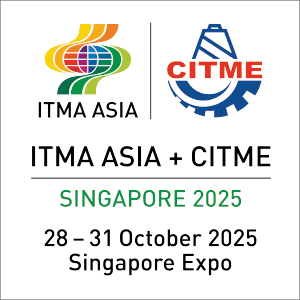
Researchers at the National Institute of Technology (NIT) in India’s Andhra Pradesh State have developed a continuous reactor for treating effluent from the textile industry using a nano-coupled advanced oxidation process. The team initiated the research as part of a mission to clean liquid pollutants in Tiruppur, a textile hub in the State.
The research was conducted by VC Padmanaban, Assistant Professor, Department of Biotechnology at NIT along with scholars Gindi Neha Madhav, Sadhana Pitambar Patil and Avanti Bhute.
The team also secured the second rank in Avishkaar-2022’s Student Innovation Contest, conducted recently by Andhra Pradesh Council of Science and Technology (APCOST), in collaboration with the All India Council for Technical Education (AICTE) at Adikavi Nannaya University at Rajamahendravaram, according to a report.
Textile dye effluent has salts and high concentration of dyes that interfere with the process of degradation. It is beneficial if a technology uses the salts that are innately present in the effluent. The team’s process works well in the high saline conditions to completely remove the textile dyes, Padmanaban said.
The thermal activation of salts results in the generation of reactive radicals. The process focuses on the simultaneous generation of hydroxyl and sulphate radicals that catalysis the removal of dye pollutants.
The rate of removal was almost doubled by the addition of ferrous tagged biochar nanocomposite that acts as a heterogeneous catalyst. Based on the developed process, an integrated reactor was designed for the continuous removal of the dyes.










